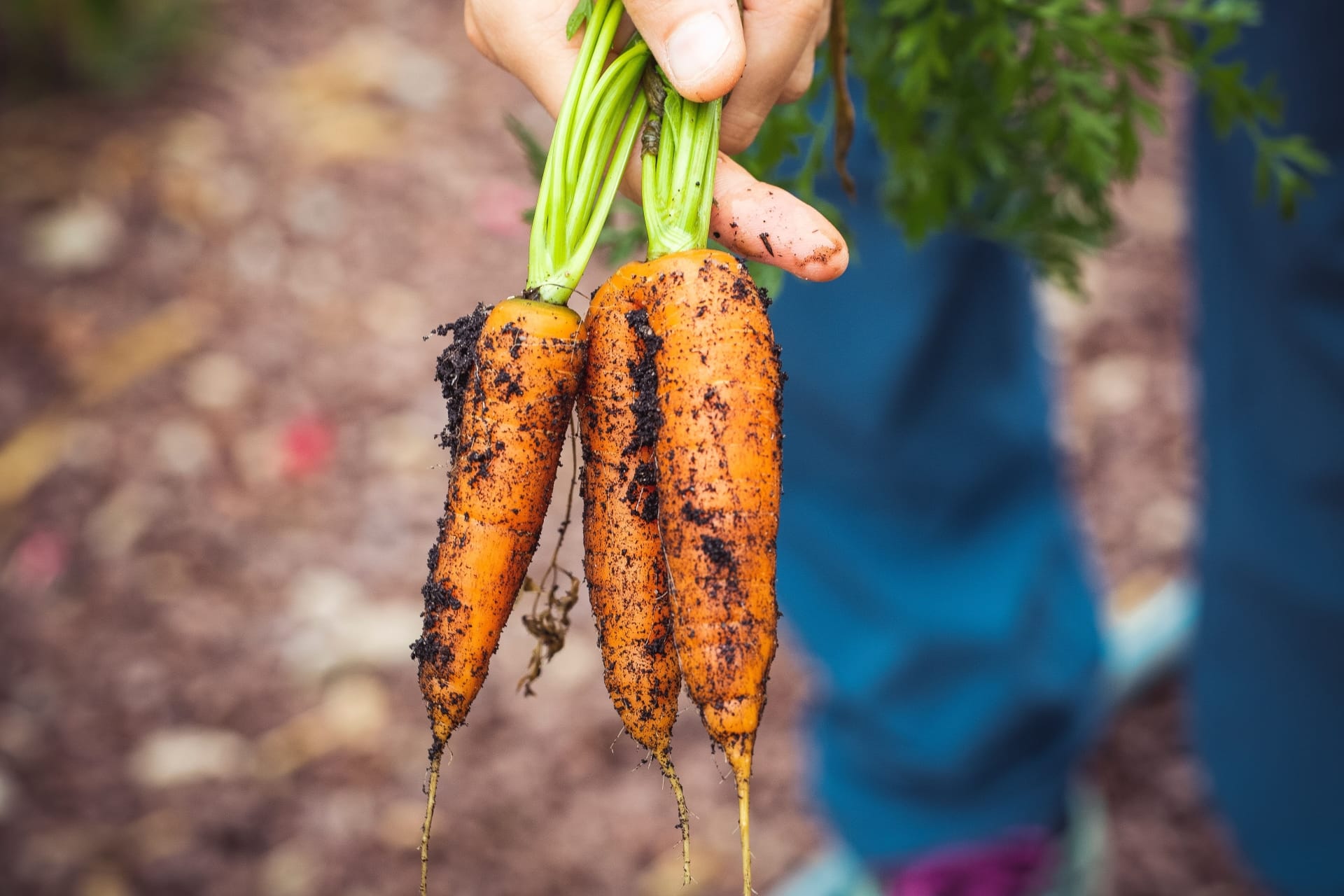Climatarianism
It is true that the idea of a dietary (re)form for the purpose of climate protection was launched about half a decade ago. But the resounding success in the social center will still take a few years. However, it will then be quite normal for consumers to increasingly consider the well-being of the planet in their daily diet. Climateatarians:in want to slow climate change by adapting their eating habits in terms of foods and products with lower CO2 emissions that are also made from more biodiverse crops and grown on existing farmland, preserving land for wildlife and nature. 67 percent of consumers would support the introduction of CO2 labeling on products. The potential impact is enormous: According to WWF the annual CO2 footprint of Germans would be reduced by around 56 million metric tons of CO2 equivalents by halving meat consumption (to an average of 470 grams per week and eating more pulses and nuts, for example) – this would be equivalent to almost all the emissions from German agriculture.

British fast-casual chain Leon introduced a carbon-neutral burger and fries in early 2021, while Mondelēz developed “NoCOé,” a carbon-neutral cracker brand. And New York Air Company ‘s vodka is made by capturing carbon dioxide from the air – removing half a kilogram of carbon dioxide from the atmosphere for every kilogram of alcohol produced.

Best Practices: LEON , NOCOE , AIR COMPANY
Photo: Unsplash, Red Rabbit
